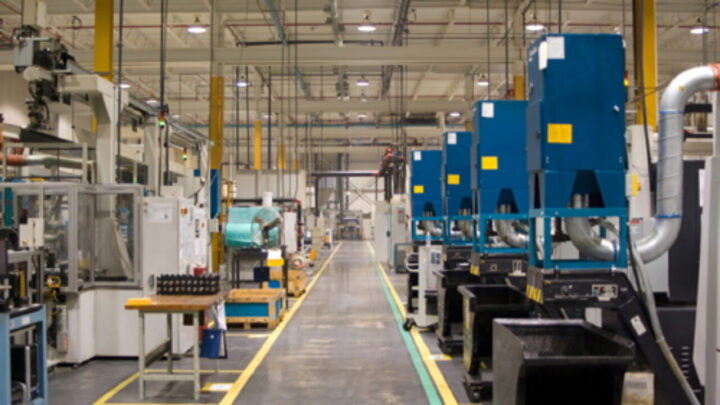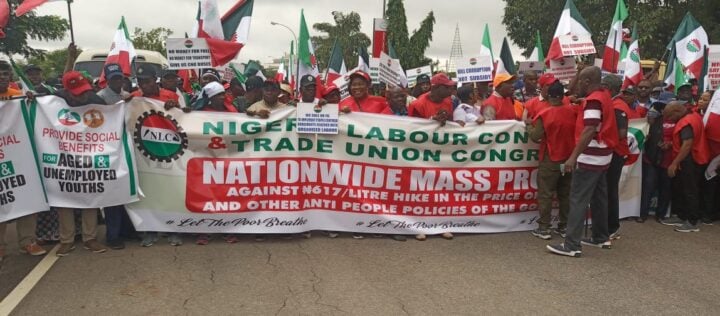The Manufacturers Association of Nigeria (MAN) says the federal government must intensify efforts to improve agricultural sector to enable easy access to raw materials by industries.
In an interview with NAN in Ibadan on Monday, Lanre Popoola, MAN chairman for south-western zone, said the manufacturing sector “has been going down” in the last 12 years due to several recurring factors.
Poopola said the government’s unfavourable policies on forex, power, and agriculture were major contributors to the problem and the downward trend of the manufacturing sector in Nigeria.
He said the issues associated with those factors are yet to be addressed, adding that the government could help to provide raw materials for the manufacturing industry.
Advertisement
“Accessing forex to import raw materials in the past has been difficult, hence the shift to the other market to access what was needed,” he said.
“Getting forex now for the importation of raw materials at a high rate translated to high cost of goods which might not be palatable to the populace.
“If you are unable to sell some of these products you will have to reduce costs, and then you will reduce production which will translate to laying off of some staff.
Advertisement
“And because of this ripple effect on the economy, it created more unemployment and threatened the sustainability of the industry.”
The chairman said the effect of subsidy removal on premium motor spirit (PMS), and the closing down and departure of some foreign industries from Nigeria, were taking a toll on the economy.
He also bemoaned the country’s rising inflation, adding that the situation has also led to the disposable income of people being affected and reducing their purchasing power.
“This means they will have to prioritise what they buy. Meanwhile, the present situation has been termed ‘sachet economy’ in which companies produce goods in sachet because people now buy in a sachet,” Poopola added.
Advertisement
“They were doing this just to survive. It was difficult and it is still very difficult, but we are still hopeful.”
Poopola, therefore, called for a better management of resources and the fixing of refineries.
He added that the association is hopeful that forex would stabilise at a rate that would be favourable to manufacturers.
Advertisement
Add a comment






